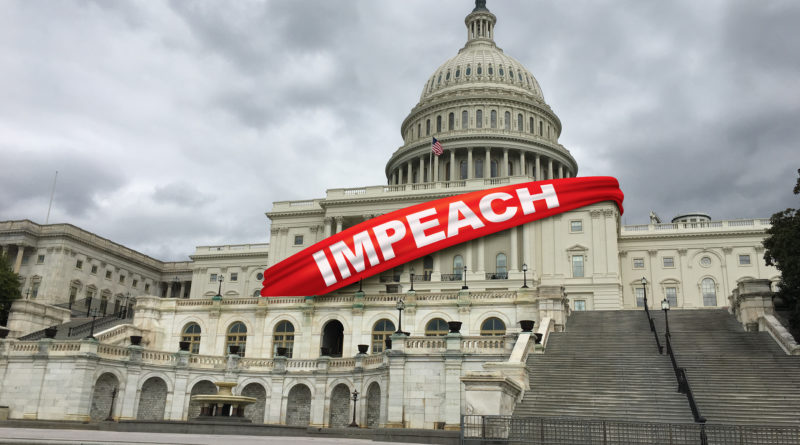What’s Next After the Impeachment Trial?
21,993 total views, 1 views today
On February 5, the Republican-controlled Senate acquitted President Donald J. Trump on the two articles of impeachment that the Democrat-controlled House of Representatives drafted. This outcome was not unexpected, as every Republican in the House of Representatives voted against impeaching Trump in December 2019, continuing both the modern trend of congressional Republicans towing the party line and the historical trend of senators voting with their party in impeachment trials. With Trump formally acquitted and the 2020 presidential election fast approaching, people have begun looking to the future to see whether Trump will be held accountable for breaking long-established laws. Here’s what’s next after the impeachment trial.
Widespread disapproval
Surveys have found that voters across party lines are dismayed with the handling of President Trump’s impeachment trial. In Texas, a longtime red state that could go blue in this year’s elections, 46 percent of survey respondents disapproved of how Trump handled the impeachment trial, 49 percent of respondents disapproved of how Republican congresspeople handled the trial, and 53 percent of respondents disapproved of how Democratic congresspeople handled the trial. The approval rate for each of these groups was, respectively, 39 percent, 38 percent, and 37 percent.
Congressional Republican rebellion
Since the Republican Party is the source of Trump’s acquittal, some commentators have accused the party’s congresspeople of being cowardly. Following the impeachment trial, some congressional Republicans have stood up against Trump and attempted to limit his powers. On February 13, the Senate passed a resolution limiting Trump’s abilities to wage war against Iran, with eight Republican senators voting in favor of the resolution. Among these eight Republican senators, three signed on as co-sponsors of the resolution: Mike Lee (R-UT), Rand Paul (R-KY), and Susan Collins (R-ME). The White House has threatened to veto the bill.
Additionally, one especially prominent Republican senator voted to find Trump guilty during the Senate impeachment trial. Mitt Romney, a leading Republican figure following his unsuccessful 2012 presidential campaign against incumbent Barack Obama, voted to convict Trump and remove him from office on the basis of Article I of the impeachment trial, which alleged that Trump had abused his power in pressuring Ukraine to investigate Joe and Hunter Biden. Registered voters have approved of Romney’s split from party lines, with 50 percent in favor of his decision and 39 percent against it.
2020 election effects
Some commentators have argued that the Democratic Party did not pursue Donald Trump’s impeachment to remove him from office. These commentators posit that the Democratic Party knew that a crime as difficult for the public to understand as the Ukraine scandal would not light a strong enough fire among voters to result in a nationwide push for impeachment. Instead, these pundits speculate, the entire impeachment trial existed to damage President Trump’s 2020 reelection campaign.
This strategy, some experts argue, has backfired. Trump has long appealed to his voter base by portraying himself as a victim of biased media reporting, in the process implying that the media likewise operates against his voters. Trump can thus, according to certain experts, use the impeachment trial as further proof that the media and the Democratic Party are out to get him, a tactic that could prove extremely effective at the polls come November.
How do you feel about the impeachment trial? Sound off in the comments!

